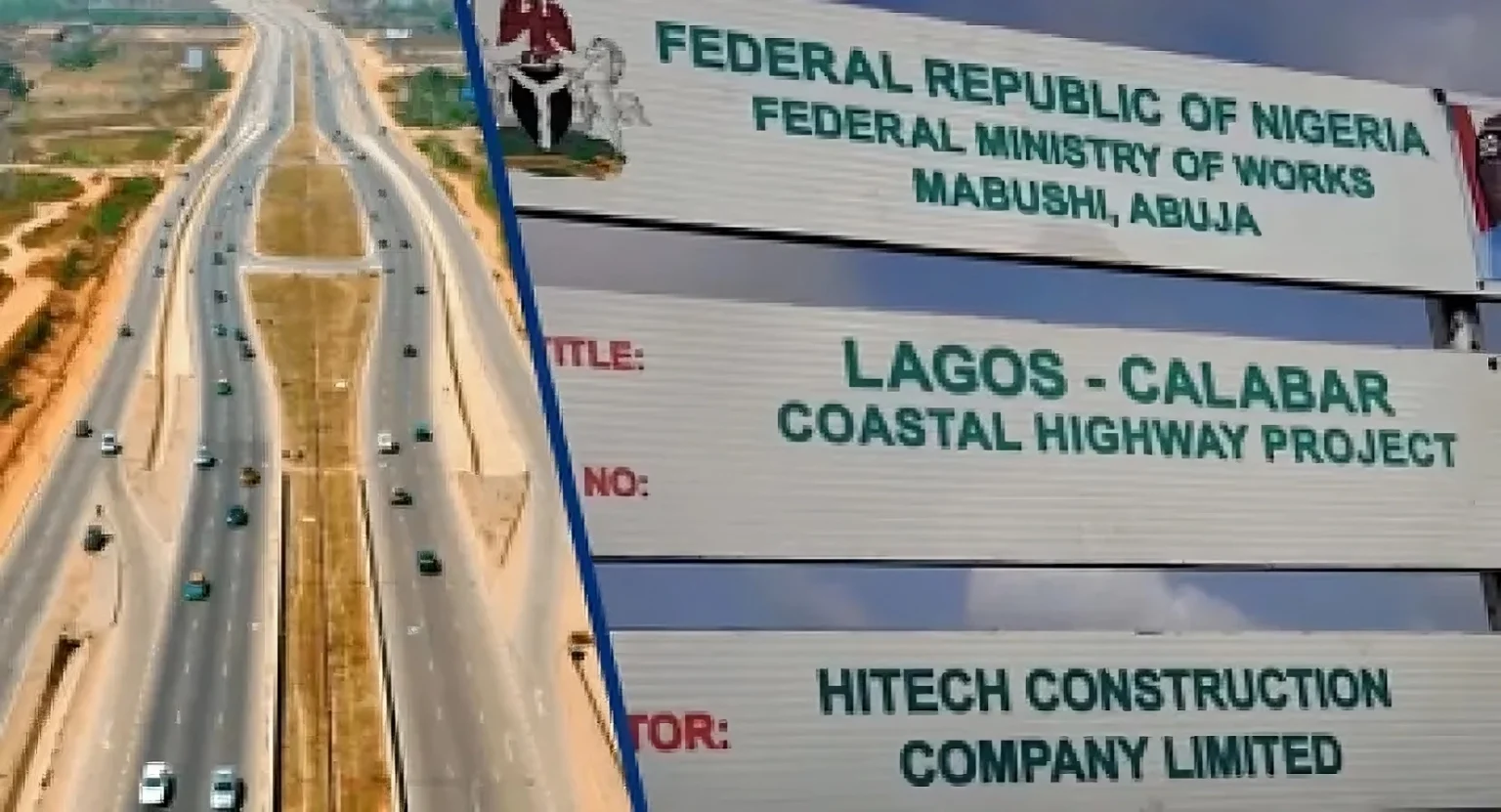In mid-July, Hazeez Adeniji watched helplessly as bulldozers razed his eight bungalows and four shops on Saidi Obailegusi Road, Lekki. Clutching a bottle of soda meant for a customer, Adeniji’s livelihood vanished before his eyes as the structures he had built over years were destroyed.
“I owned a property here, with eight bungalows and four shops that served my community. Life was good until March, when I received a notice to vacate. By mid-July, the demolition began,” Adeniji, 51, recalled, devastated by the loss of his business, valued at over N90 million.
The demolition was part of the Federal Government’s ambitious Lagos-Calabar Coastal Highway project, a 700-kilometer road that will span nine states, with two spurs extending to northern Nigeria. According to Minister of Works David Umahi, 750 homes were slated for demolition to make way for the highway. However, many property owners, like Adeniji, have struggled to claim compensation.
Adeniji’s efforts to secure compensation were hindered by legal battles with the Elegushi family, who claimed ownership of the land. Despite presenting his case to both state and federal officials, he was blocked from submitting his documents, leaving him without compensation as demolition continued.

“I was obstructed by a lawyer representing the Elegushi family, who claimed they owned the land. I was told that I could not proceed without their letter of recommendation,” Adeniji explained, adding that his once-thriving business had now been replaced by a makeshift shop selling only biscuits and sweets, far from the bustling mini-supermarket he once operated.
While Adeniji struggles, others in the same situation report similarly inadequate compensation offers. One property owner, who declined to be named, said the compensation offered by the Ministry of Works was just three percent of his property’s assessed value. Another resident, Emeka Okonkwo, rejected an offer of N20 million for his N280 million property.
Sola Enitan, Head of the Coalition for Land Rights Advocacy, criticized the government’s handling of the compensation process, claiming that many affected residents have not been fairly compensated or allowed the opportunity to seek redress. He added that despite numerous complaints and petitions, the Minister of Works has failed to respond, and some victims have been subjected to harassment and bullying.
For many, the struggle is not just for compensation but for dignity and justice. Some residents, like Paul Osemele, whose property was valued at nearly N1 billion, have rejected compensation offers far below the true worth of their properties. Enitan emphasized that under Nigerian law, fair compensation must be provided for properties affected by public projects, but the government’s actions have fallen short of legal and ethical standards.
As the Lagos-Calabar Coastal Highway project progresses, the fight for justice continues, with many displaced property owners calling on the authorities to revisit the compensation process and ensure that the promises made are upheld.




